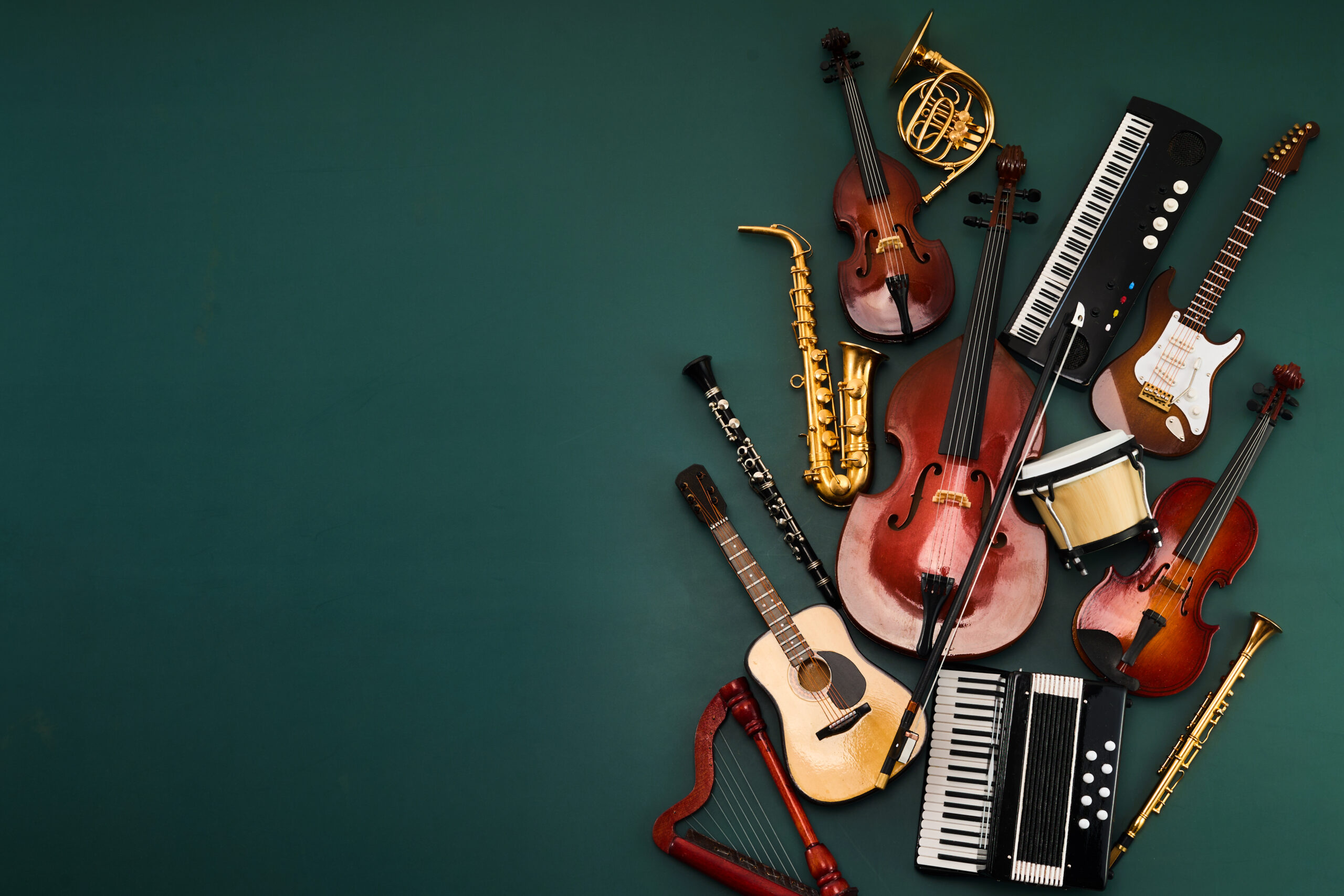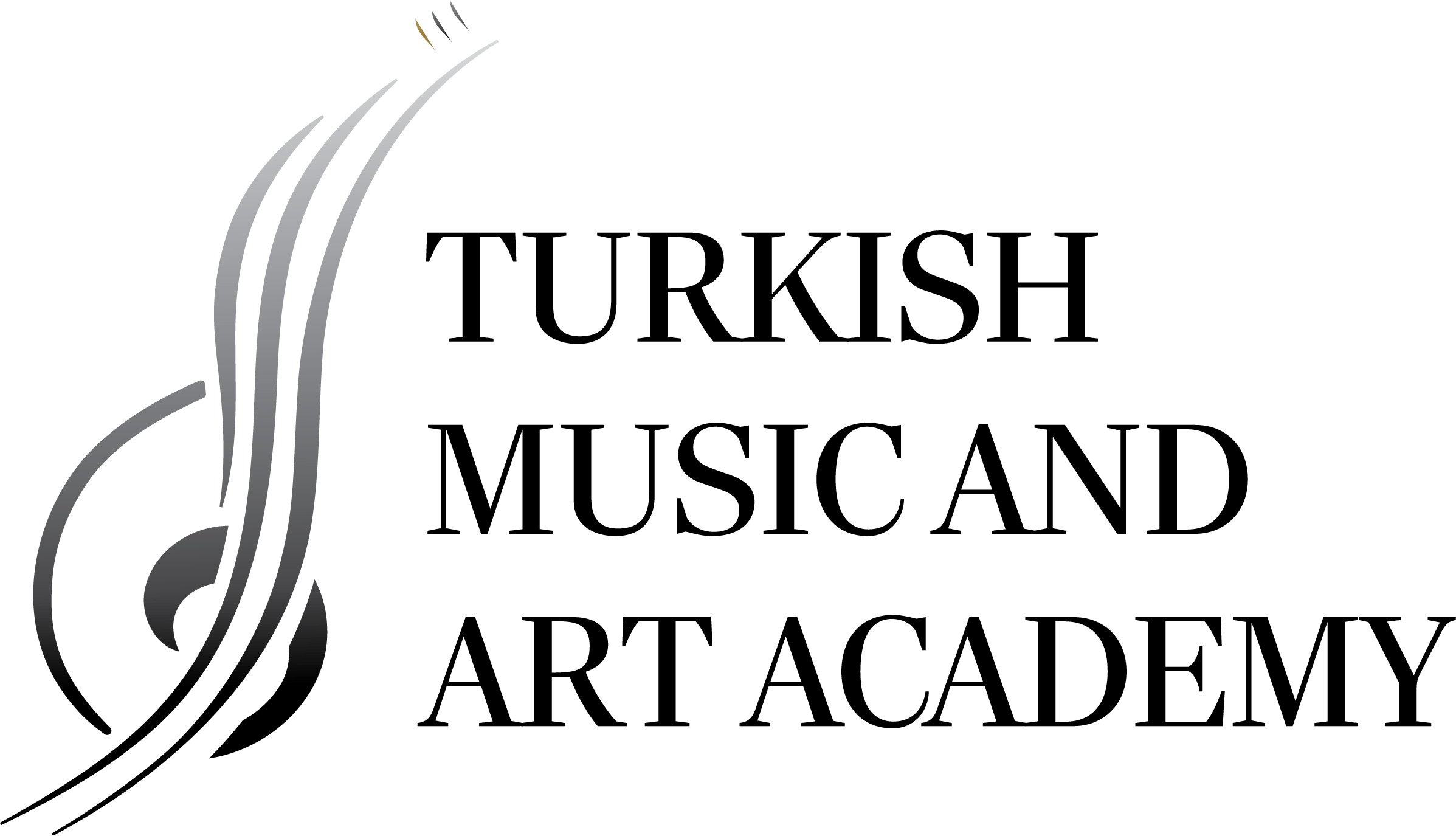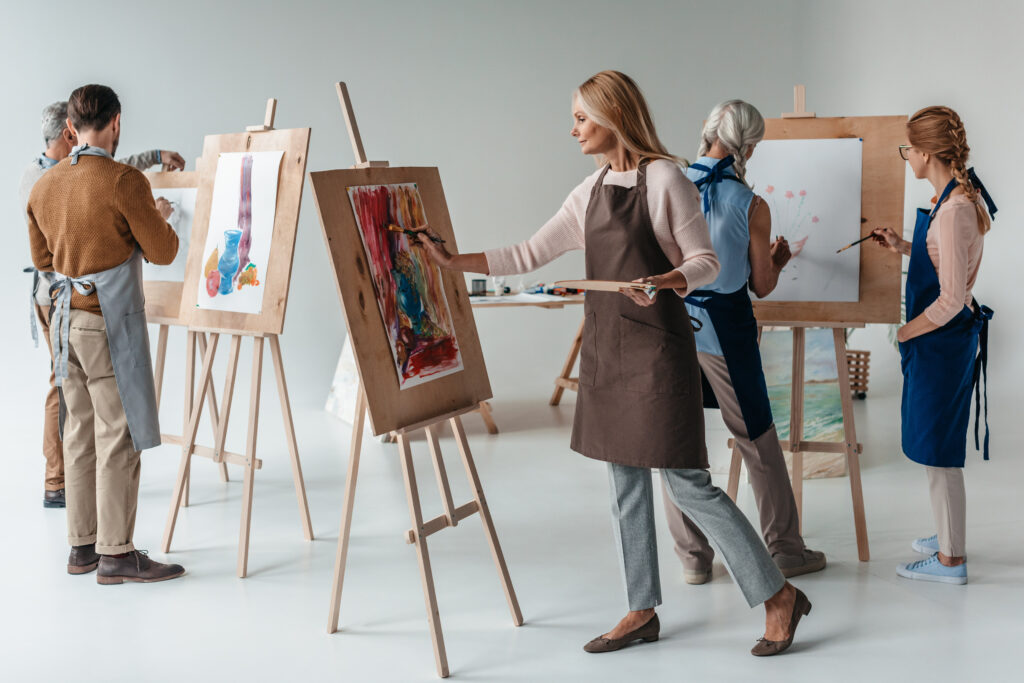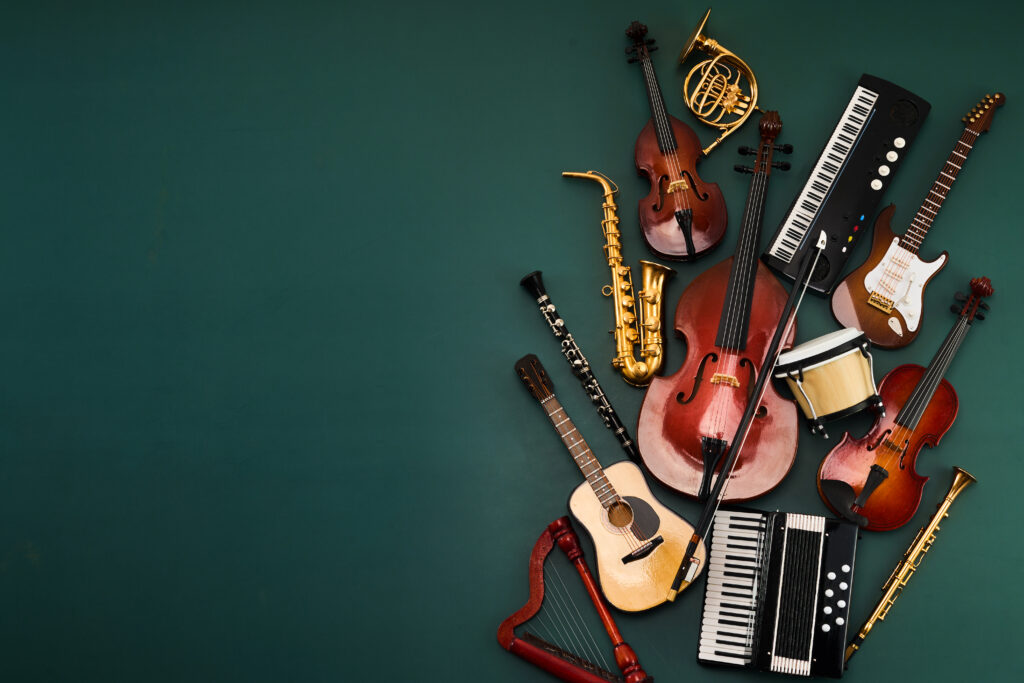Blog Details

How Can I Start Learning Instruments?
Learning a musical instrument can be a deeply rewarding experience. Whether you’re drawn to the piano, guitar, violin, or any other instrument, the journey from novice to proficient musician is filled with challenges and triumphs. Here’s a guide to help you get started on your musical journey.
1. Choose Your Instrument
The first step is deciding which instrument you’d like to learn. Consider the following factors:
- Interest and Passion: Choose an instrument that excites you. If you love the sound of the violin, or you’re mesmerized by the piano, that’s a good place to start.
- Accessibility: Some instruments are more affordable and accessible than others. For instance, a keyboard is usually more affordable than a grand piano.
- Physical Considerations: Some instruments might be easier or harder to play based on your physical attributes. For example, the size of your hands might influence your choice between a guitar and a double bass.
2. Gather the Necessary Equipment
Once you’ve chosen your instrument, you’ll need to gather the essential equipment:
- Instrument: Purchase or rent a quality beginner instrument. Renting can be a cost-effective option to start.
- Accessories: Depending on your instrument, you may need accessories like picks, straps, tuners, or rosin.
- Learning Materials: Invest in beginner method books, sheet music, or instructional DVDs. Online platforms like YouTube and music learning apps can also be invaluable resources.
3. Find a Teacher or Course
While self-teaching is possible, a good teacher can significantly accelerate your progress:
- Private Lessons: Find a qualified instructor who can provide personalized guidance and feedback.
- Online Courses: Platforms like Coursera, Udemy, or dedicated music websites offer structured courses for beginners.
- Local Classes: Community centers or music schools often offer group classes which can be a fun way to learn and meet fellow beginners.
4. Set Realistic Goals
Setting achievable goals will keep you motivated and focused:
- Short-term Goals: Learn a simple song, master a basic chord, or complete a lesson from your method book.
- Long-term Goals: Aim to play in a local recital, join a band, or pass a music grade exam.
5. Practice Regularly
Consistent practice is key to progress:
- Daily Routine: Even 20-30 minutes of daily practice can yield significant results over time.
- Focused Practice: Break your practice sessions into segments focusing on scales, exercises, and pieces you’re working on.
- Stay Positive: Progress may be slow at times, but persistence is crucial. Celebrate small victories along the way.
6. Join a Community
Being part of a musical community can provide support and inspiration:
- Online Forums: Join forums or social media groups for your instrument.
- Local Groups: Look for local bands, orchestras, or jam sessions you can join.
Conclusion
Starting to learn an instrument is an exciting venture that requires dedication and passion. By choosing the right instrument, gathering the necessary equipment, finding a good teacher, setting goals, practicing regularly, and joining a community, you’ll be well on your way to musical proficiency. Enjoy the journey and let the music guide you!
You Might be Interested In
Is painting an expensive hobby for starters?
Blog Details Is Painting an Expensive Hobby for Starters? Many people are drawn to painting as a way to express creativity and relax. However, a common concern for beginners…
Practice or Skill?
Blog Details Practice or Skill: What Matters More? In the realms of drawing, playing instruments, and other creative pursuits, the age-old debate persists: what matters more, practice or innate…
How Can I Start Learning Instruments?
Blog Details How Can I Start Learning Instruments? Learning a musical instrument can be a deeply rewarding experience. Whether you’re drawn to the piano, guitar, violin, or any other…




